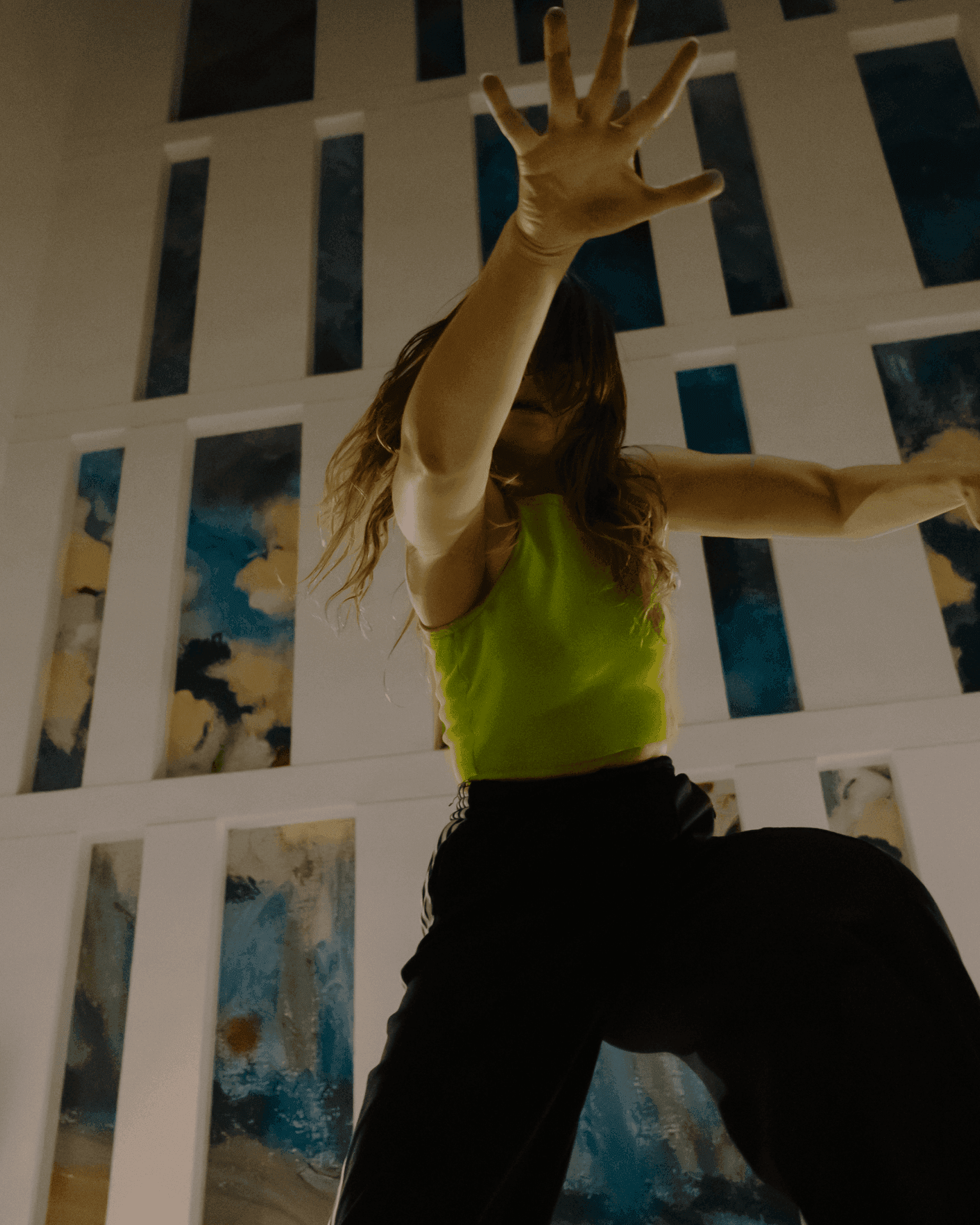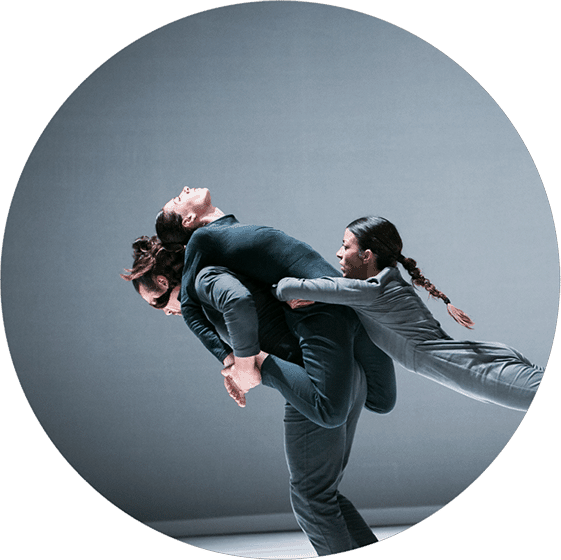
About
Estudio para una extracción (Study for an Extraction), presented as part of the “Attraverso Sant’Orsola” evening, is a dance solo by choreographer and dancer Poliana Lima, based on her previous work Oro Negro. The piece unfolds as a moving portrait, sensitively revealing the dimensions of the invisible, the fantastic, and the dreamlike that inhabit a body, a transmuted body expanding toward a new reality. The performance is built around the metaphor of excavation, seen as the unveiling of the multiple layers that make up a body that becomes both the tool that digs and the object being unearthed, revealing all that has been demonized by the hegemonic gaze: soft, vulnerable, and perishable flesh; eroticism from a woman’s perspective; and popular culture. Estudio para una extracción conceives the body as a territory of living memory, a space where biographical, familial, and communal dimensions intersect and are made visible, alongside the socio-cultural, spiritual, and mythical. This understanding of the body allows for an exploration of the traces left by tacit processes of transmitting habits, customs, violence, pain, and pleasure across generations.

The Artist
Founded in 1994 with the ambition of creating a European cultural home in Florence, Fabbrica Europa has, over thirty years, become a major hub for contemporary artistic languages. By transforming the Stazione Leopolda—a former industrial site—into a vibrant cultural space, it has pioneered international artistic exchange, building bridges between Europe and Asia, Africa, the Americas, and beyond through dance, music, theatre, interdisciplinary formats, and visual arts. Through 30 festival editions, production and training projects, and strong international collaborations, Fabbrica Europa has positioned Florence as a meeting point for diverse cultures and innovative artistic practices. The European Union has consistently supported its initiatives, from early Kaleidoscope and Culture 2000 programmes to Culture 2007–2013, recognizing its European impact. Over the years, Fabbrica Europa has led or partnered in numerous EU-funded projects exploring heritage, gesture, mobility, and cross-cultural exchange. In 2003, the Fabbrica Europa Foundation for Contemporary Arts was created, reinforcing its mission to connect creativity and production, support artists, and build collaborative cultural policies. Recognized as a regionally relevant cultural body and a Third Sector Entity (ETS) since 2022, Fabbrica Europa continues to develop international cooperation, artistic innovation, and cultural exchange at the European level.



All at your fingertip !
Live festival and events reservoir of all performances, cultural multidisciplinary multicultural discourse.
Coming soon !